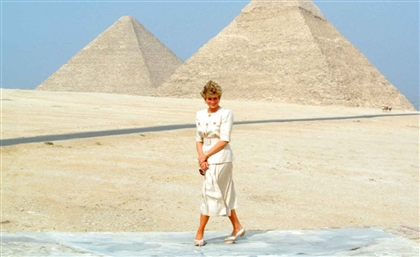Styled Archives: Dalou’et El Cinema, Shadia
Despite her spiritual awakening later on in life, the actress/singer never renounced her risqué work.
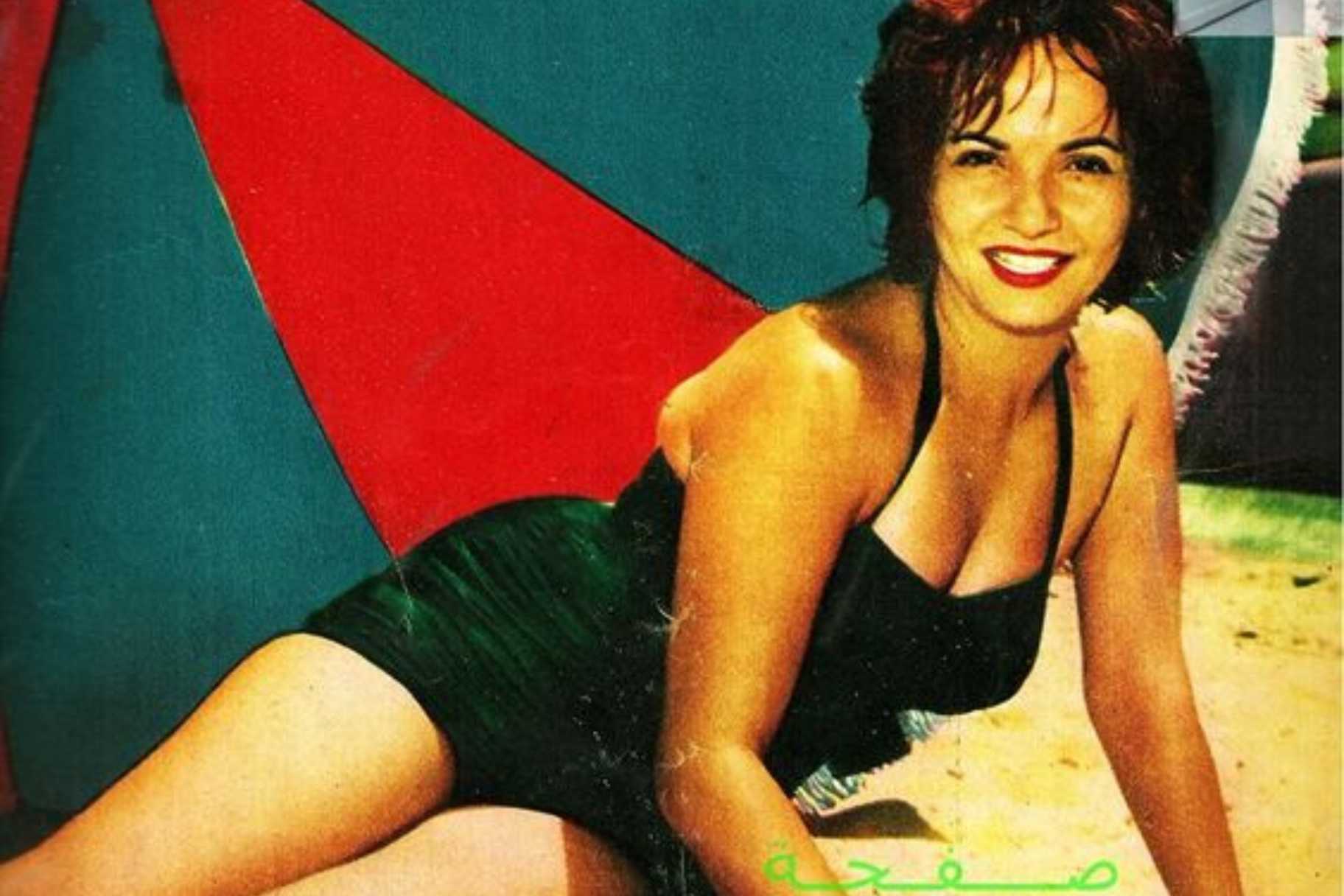
In the heart of Egypt's vibrant mid-20th-century cinema scene, a star rose to prominence: Shadia. Born Fatma Kamal Shaker, Shadia’s career spanned four decades and cemented her place as one of the most influential figures in Egyptian cinema's golden age. She tackled diverse roles, from strong women to spirited country girls and the stereotypical damsel in distress. Her songs, like ‘Ya Habebty Ya Masr,’ ‘Deblet El Khotoba’ and ‘Al Qalb Yehib Marrah,’ became enduring classics.
Despite retiring 31 years before her passing, Shadia's legacy remains strong. She balanced her faith and art, later choosing to wear the veil without renouncing her artistic achievements. Shadia was proud of the joy she brought to audiences and the contributions she made to Egyptian art.
With Farid El Atrash in ‘Enta Habibi’ | 1957
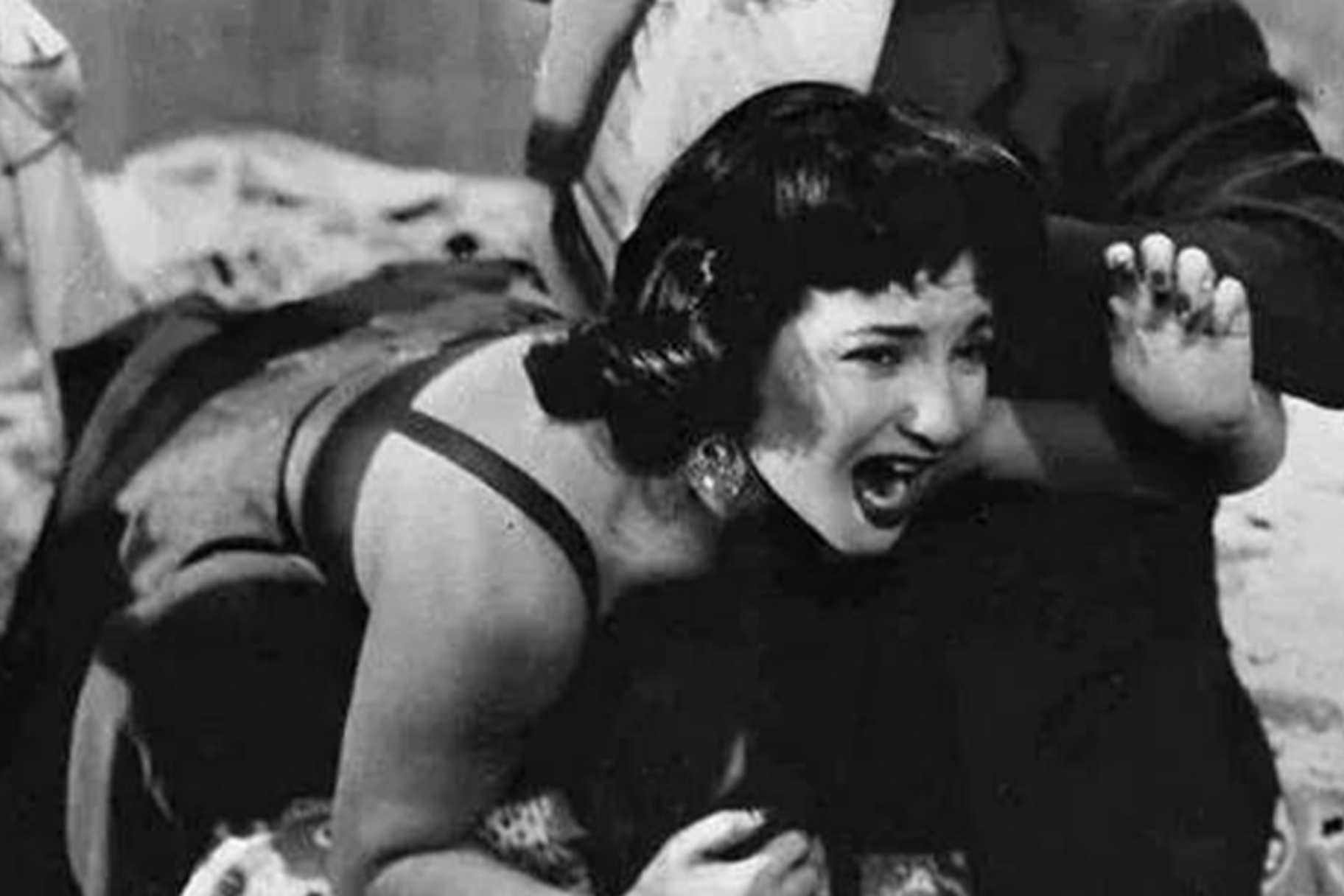
Photoshoot | 1956
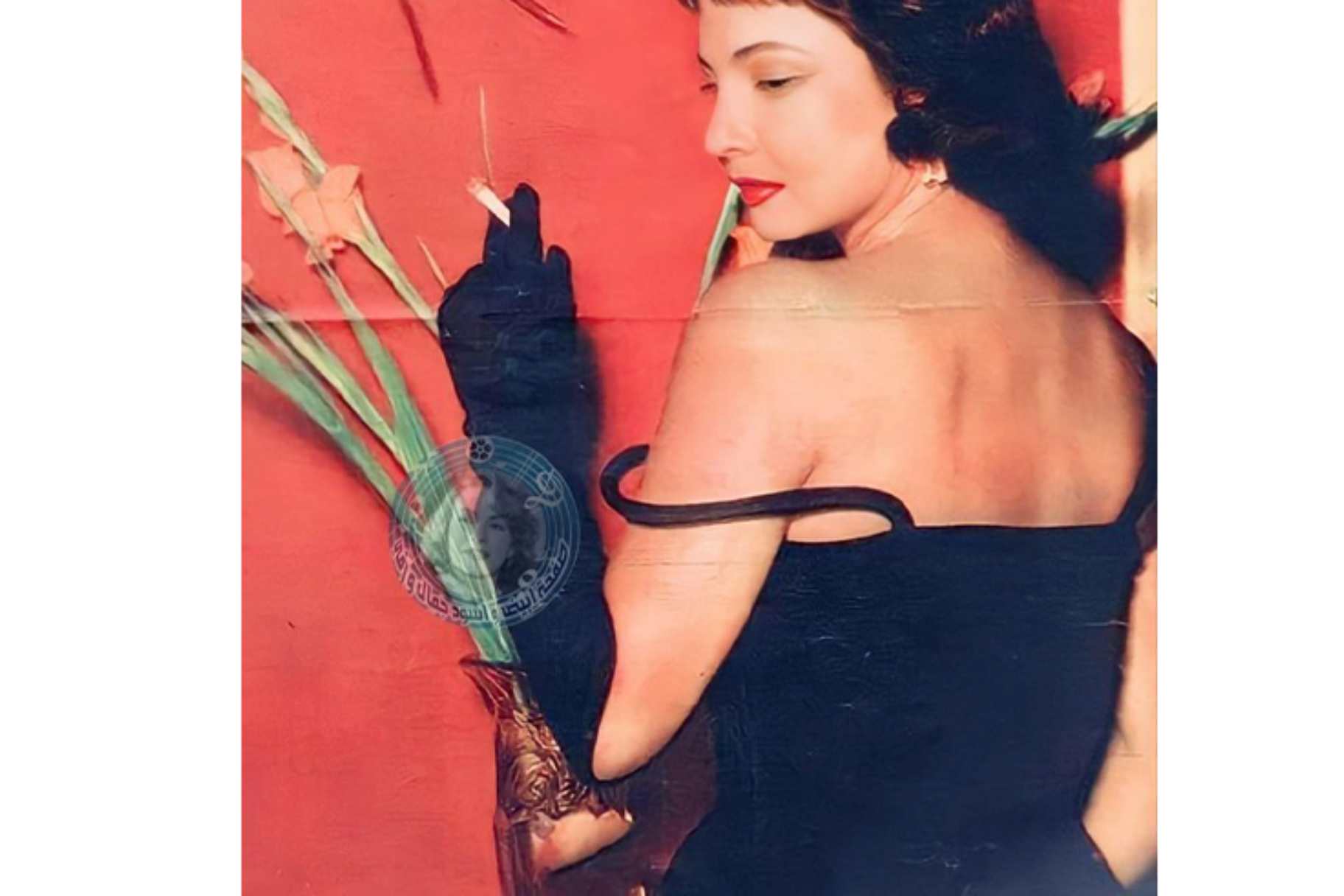
Obituary in Los Angeles Times Newspaper | 2017
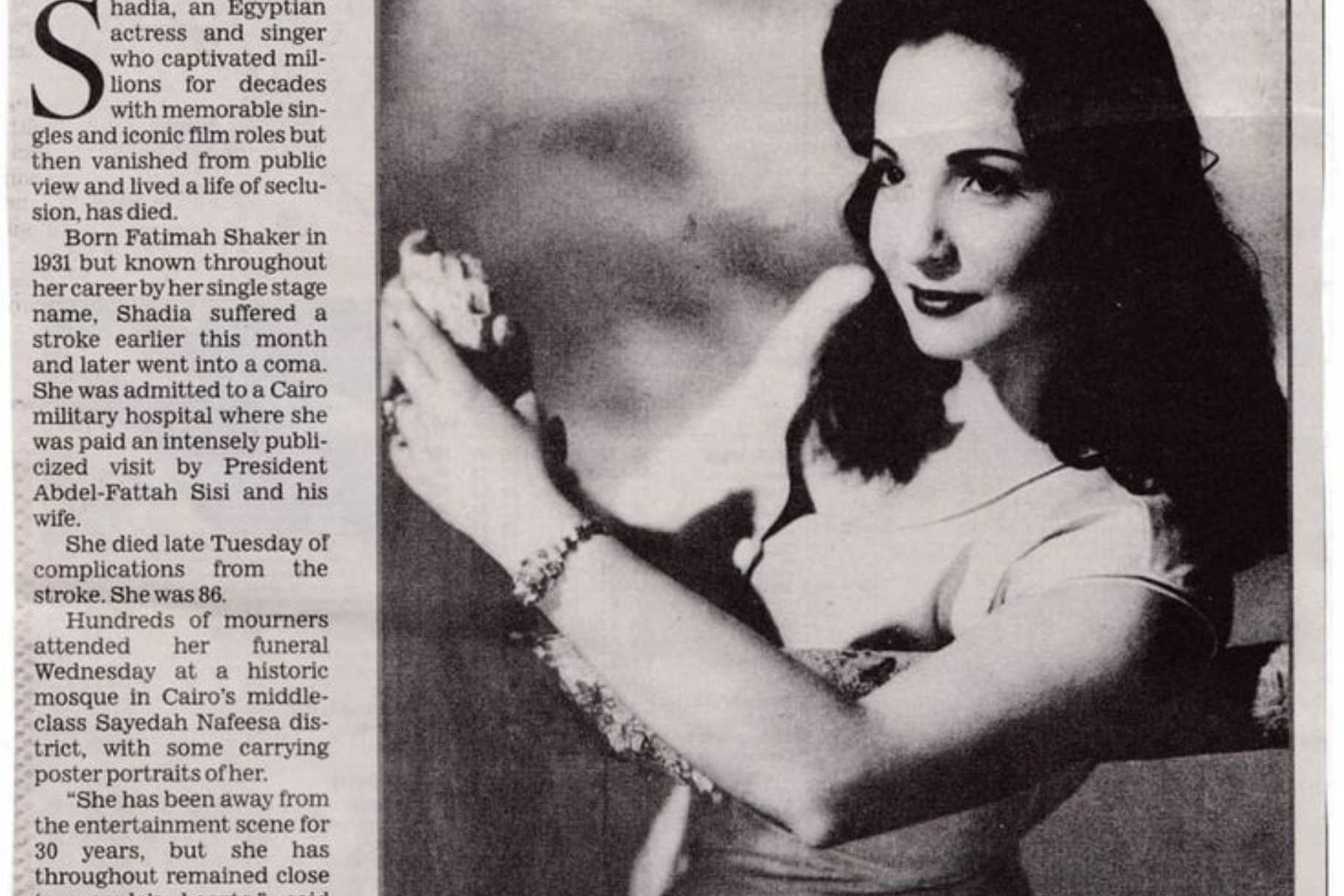
On vacation in Alexandria | 1968
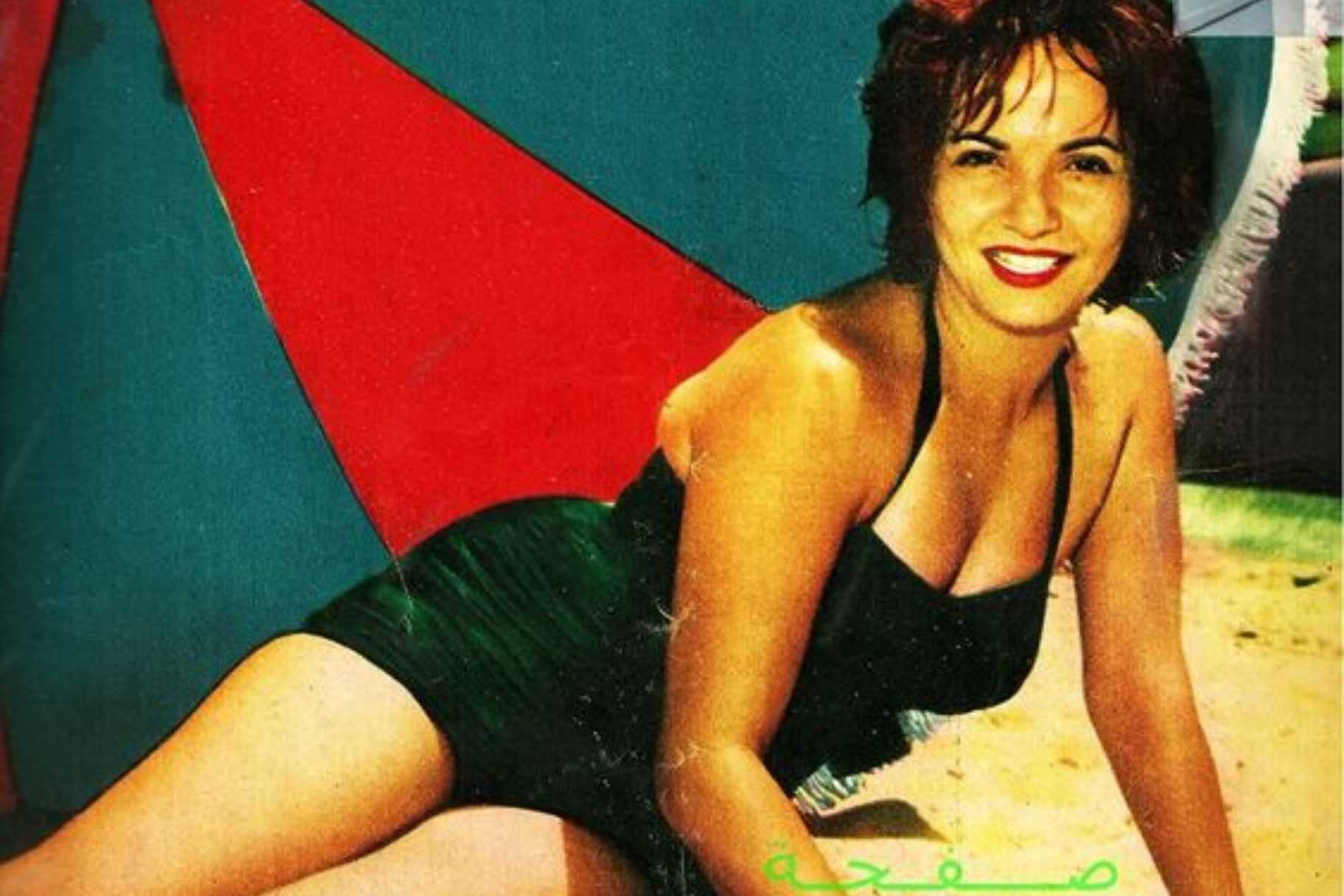
El Kawakeb Issue 459 | 1960
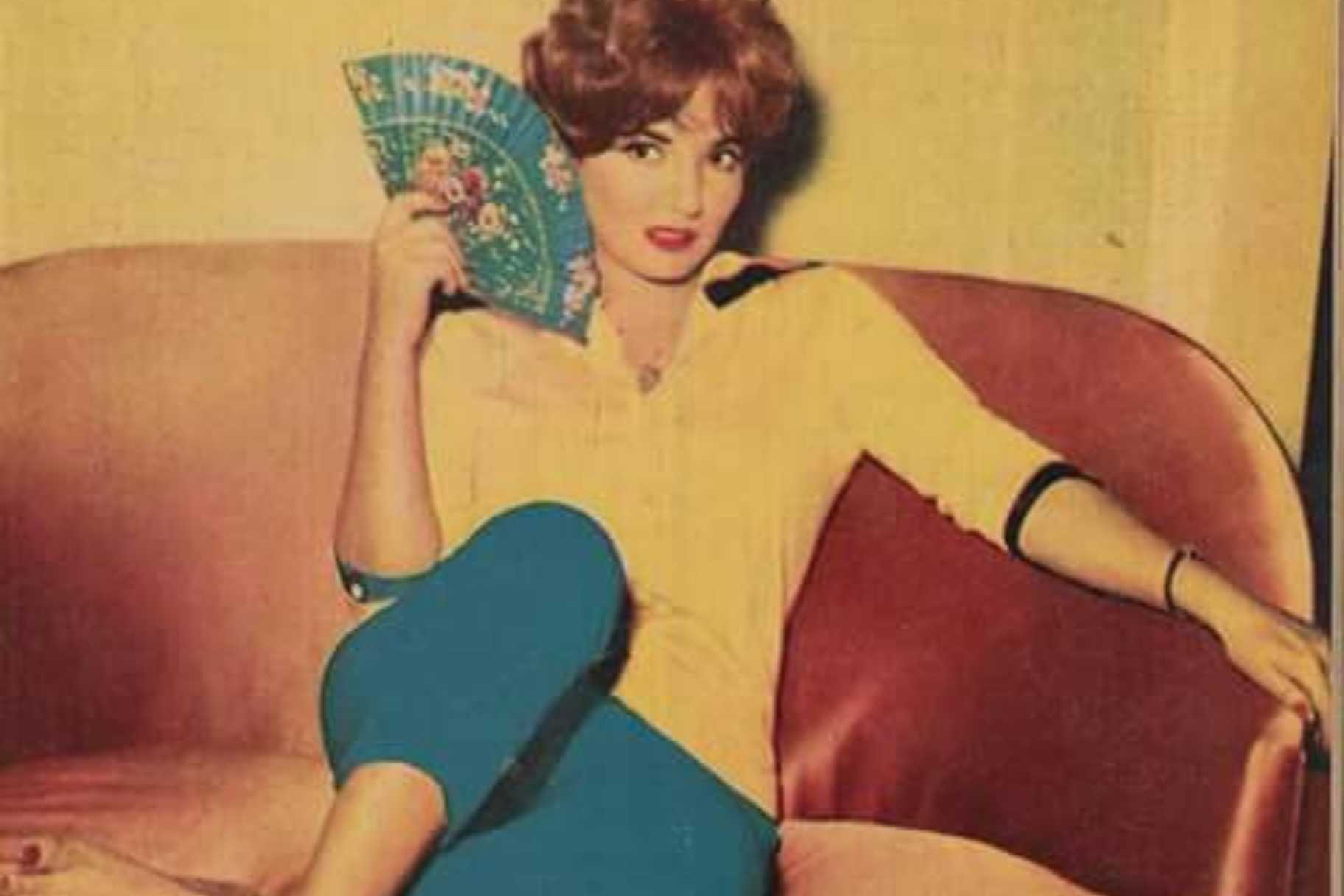
Akher Sa’a Article ‘Why Does Shadia Disappear?’ | 1967
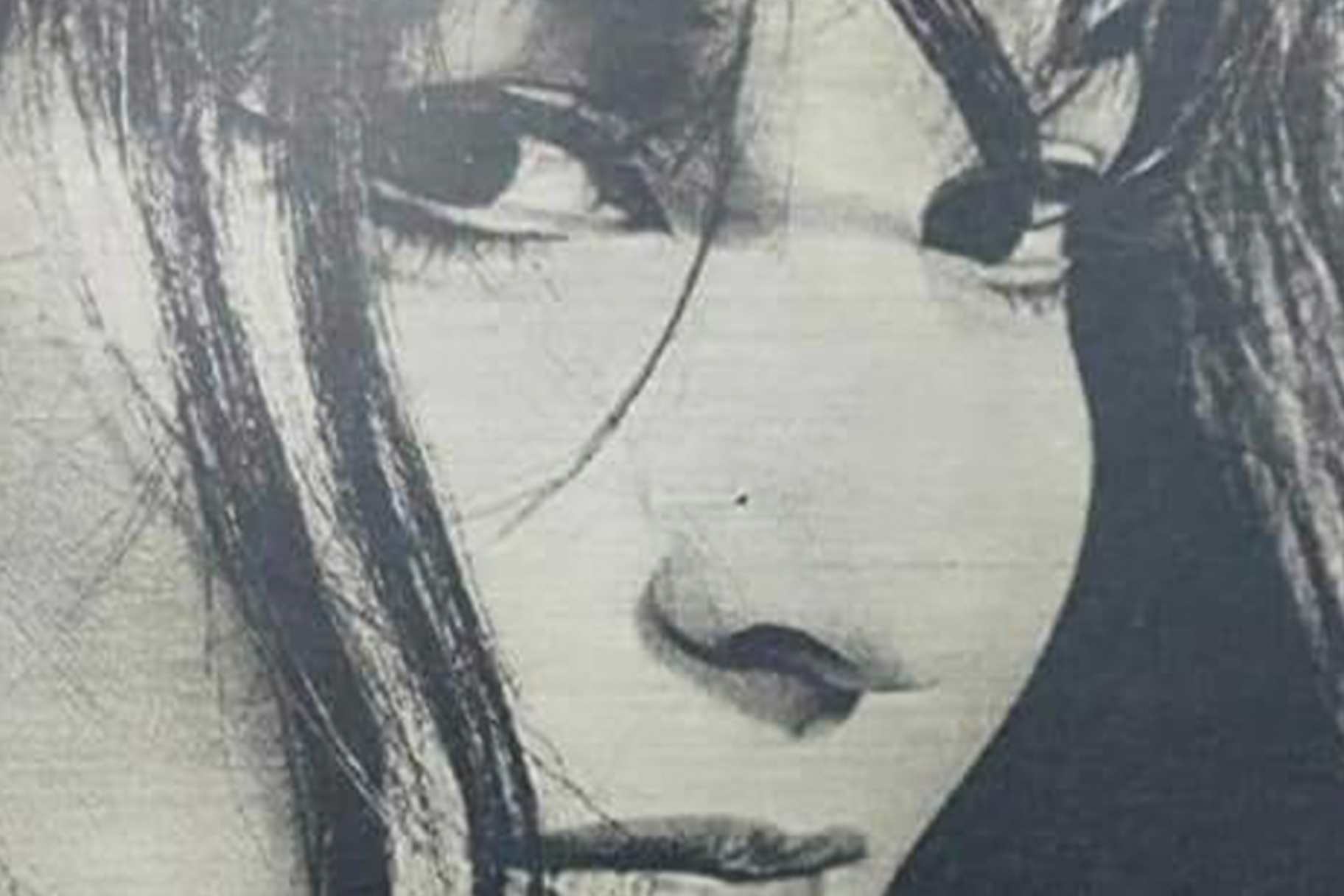
With the novel Zuqaq al-Madq | 1959
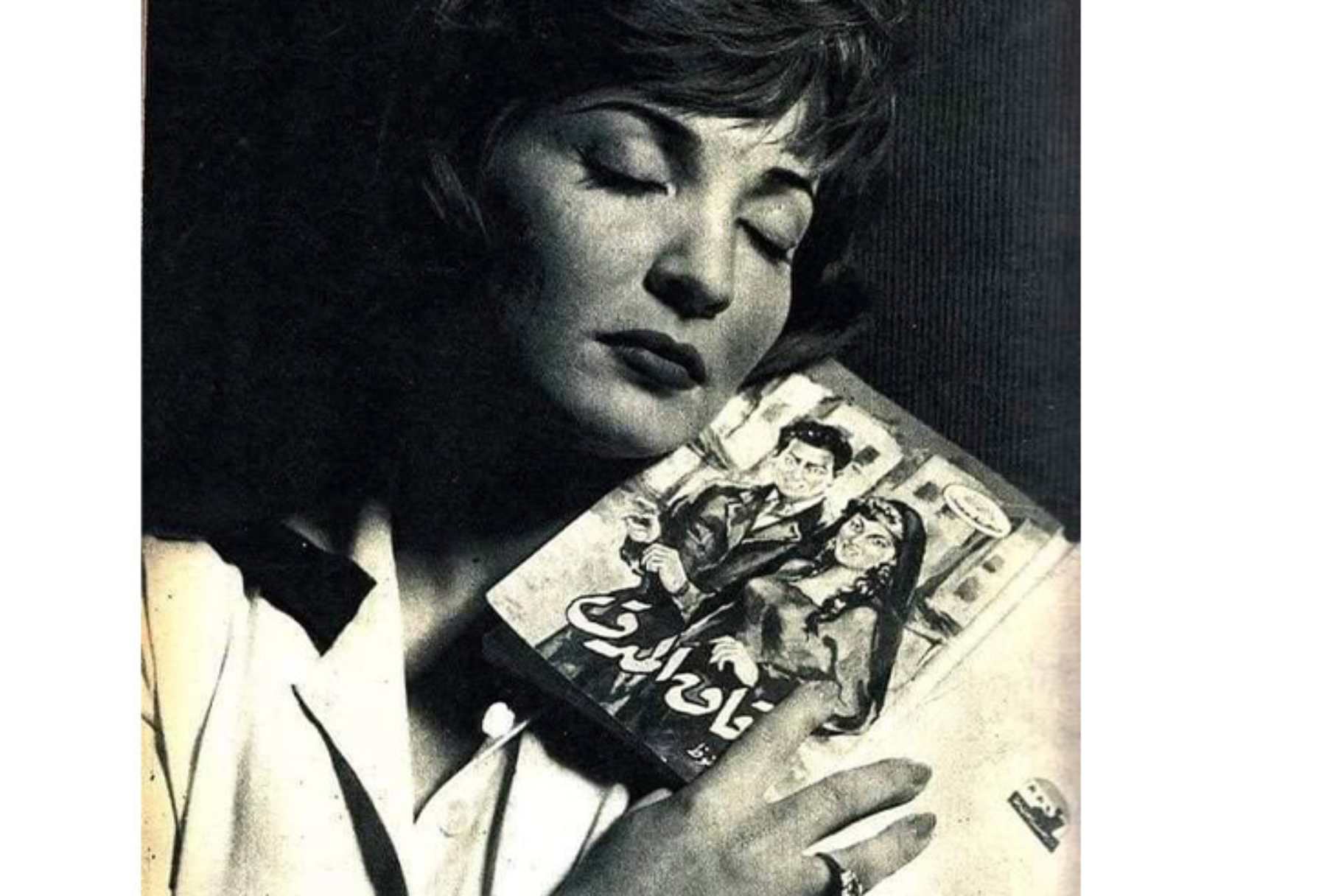
El Kawakeb Cover | 1957
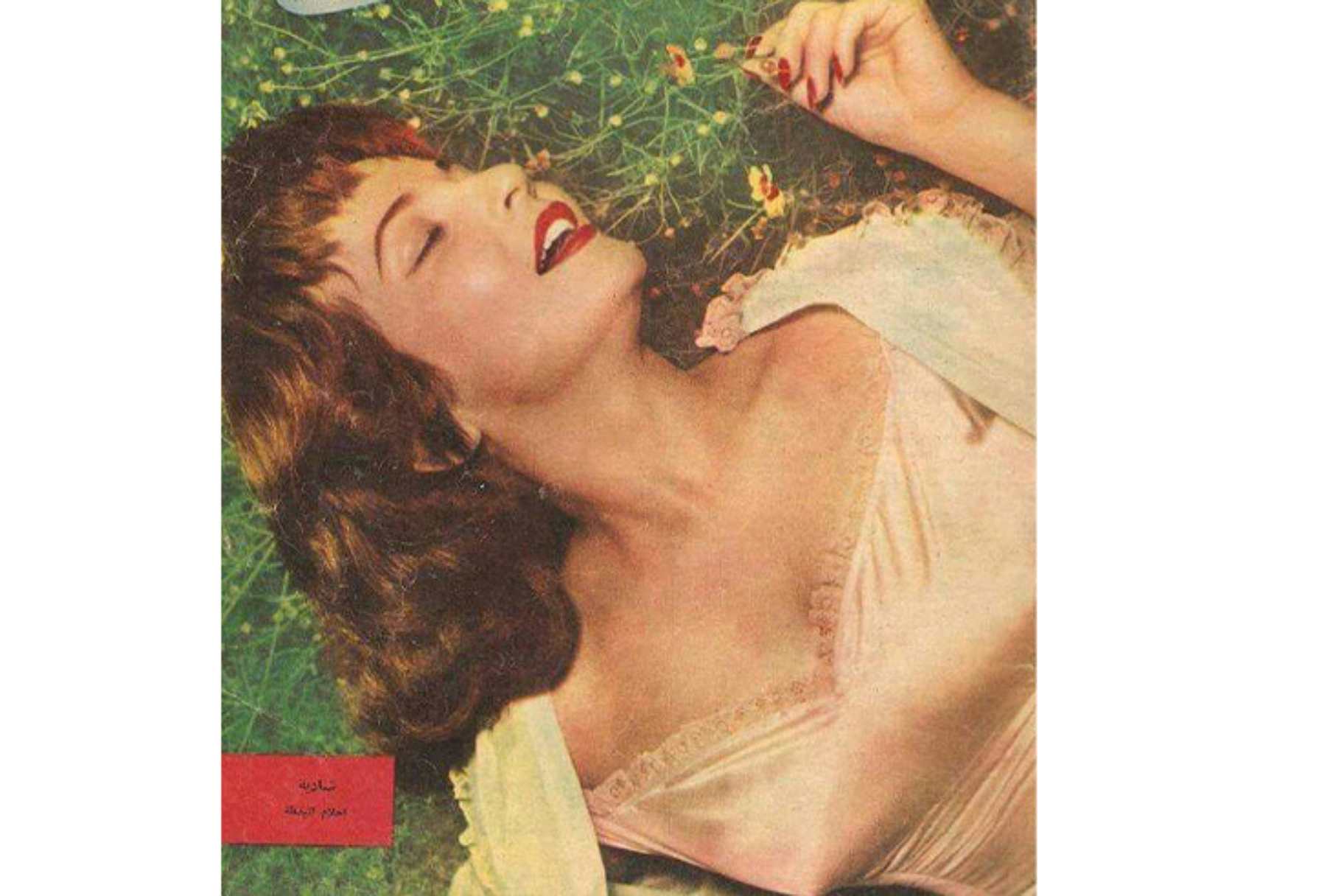
- Previous Article This Is The First Emirati Childrenswear Brand To Be Sold At Harrods
- Next Article Monochrome Monday: The Electric Blue Edition


